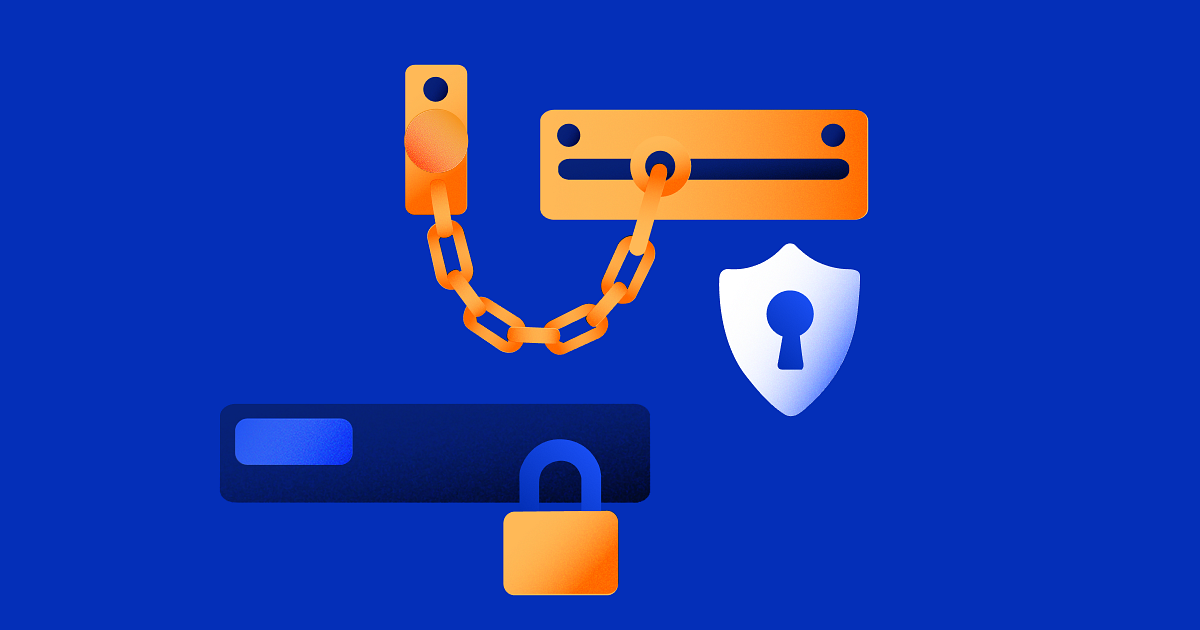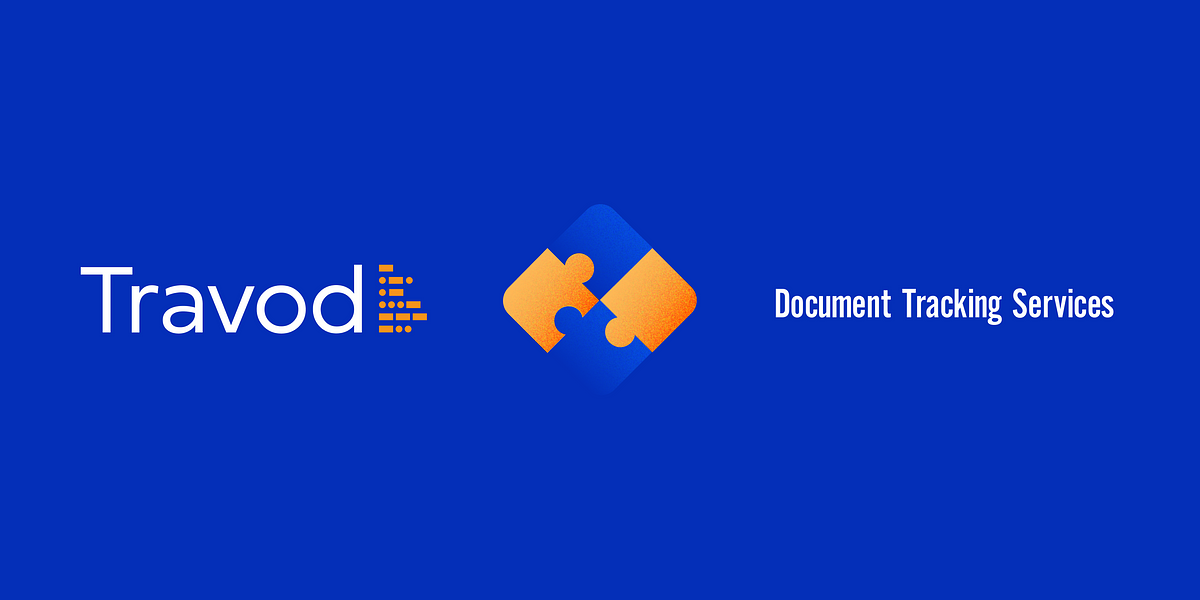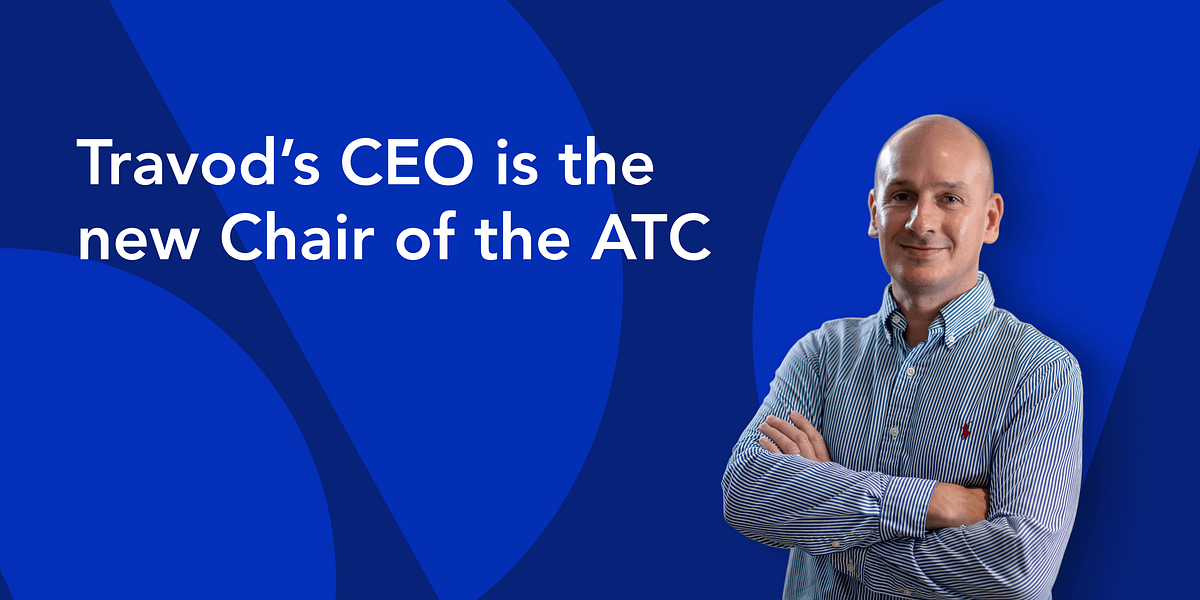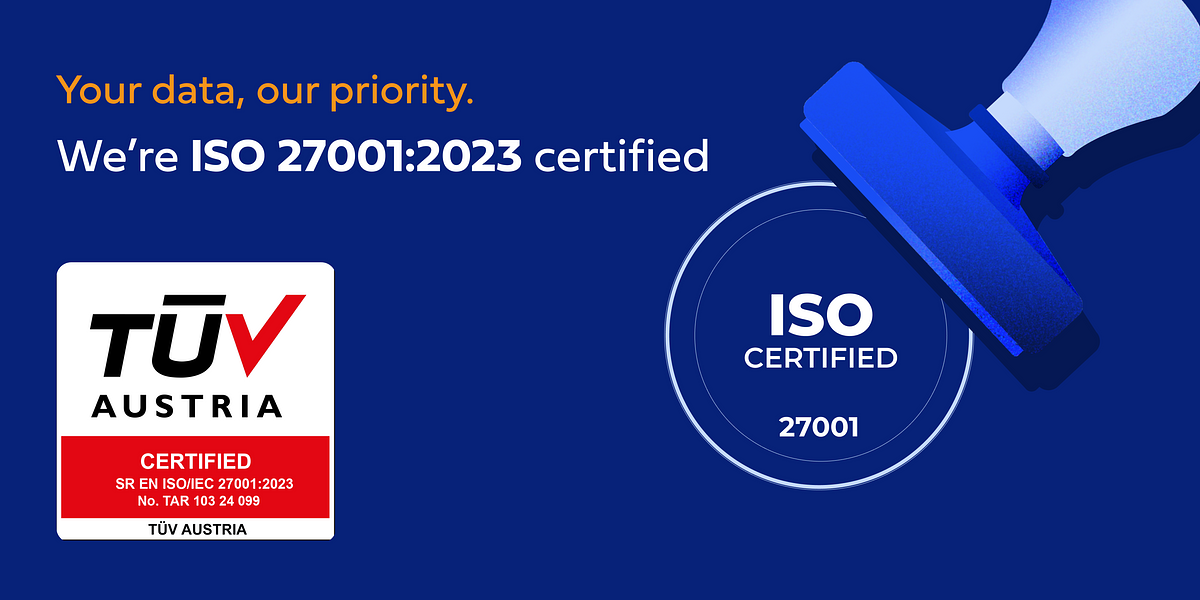
ISO 17100 translation services: Is your LSP certified? Why it's non-negotiable for regulated industries
In regulated industries, translation errors are exceptionally costly. They can derail product launches, trigger compliance violations, and damage reputations. For organizations in pharmaceuticals, medical devices, and financial services, choosing an ISO 17100 translation services provider is not just a preference, it’s a necessity for compliance, risk mitigation, and operational excellence.
In this article, we'll take a closer look at the critical role ISO 17100 translation services play in regulated sectors, explore how certified translation service providers help organizations meet strict compliance requirements, and outline the key benefits of partnering with an ISO-certified translation company for high quality, risk-free multilingual communication.
Let's dive right in!
Why ISO 17100 translation services matter
What is ISO 17100?
ISO 17100 sets the global benchmark for quality in the translation industry, establishing a strict framework that distinguishes professional translation service providers from generic alternatives.
This international standard covers every stage of the translation process, from stringent translator competency requirements to robust quality management protocols, ensuring clients receive high quality translation services every time.
ISO 17100 mandates not only expertise in translating content into another language but also guarantees quality across all language pairs. For example, the standard requires that every translation undergo review by a second qualified linguist, providing an essential layer of accuracy and consistency for every project.
When you choose a translation service provider that is ISO 17100 certified, you gain:
- Consistent quality translation services
- Qualified translators with domain expertise
- A systematic, auditable translation process
- Reduced risk of compliance failures
The difference ISO 17100 makes
The distinction between ISO certified translation services and conventional translation agencies becomes immediately apparent in their approach to quality assurance. While many translation companies rely heavily on machine translation output with minimal human oversight, ISO 17100 certified providers implement a strict framework that prioritizes human translation excellence.
This systematic production process encompasses comprehensive pre-production processes, meticulous human translation by qualified professionals, mandatory revision by a second linguist, and thorough final verification. Each step is meticulously documented, ensuring complete traceability and accountability.
This documentation serves as proof of compliance with ISO 17100 requirements, providing verifiable evidence that the translation process meets internationally recognized standards. This level of rigor is absolutely critical for regulated industries where documentation accuracy directly impacts compliance outcomes.
ISO 9001: The backbone of quality management
What Is ISO 9001?
ISO 9001 serves as the global standard for quality management systems, representing decades of best practice development by the International Organization for Standardization. This certification ensures that a translation company operates with clearly defined core processes, systematic continuous improvement mechanisms, and an unwavering focus on customer satisfaction.
The standard requires organizations to demonstrate their commitment to quality through documented procedures, regular performance evaluation, and proactive client feedback integration. When combined with ISO 17100, it guarantees that every translation project meets the highest quality standards and that the service provider maintains an organizational culture dedicated to ongoing improvement and excellence.
Why both certifications matter
The synergy between these two ISO standards creates an unparalleled foundation for professional translation services. Achieving ISO certification establishes credibility and trust with clients by demonstrating adherence to internationally recognized standards. Each certification addresses distinct but complementary aspects of service delivery1:
- ISO 17100: Focuses on the core processes and resources specific to translation services
- ISO 9001: Ensures the entire organization is built on a robust quality management system
Together, these ISO certifications deliver a strict framework for high-quality translations. This dual certification approach is absolutely essential for handling sensitive information and regulated content where precision cannot be compromised. ISO certifications also address other aspects of organizational management, such as workflow, staff management, and security, ensuring comprehensive quality assurance across the company.
Travod's certified translation services for regulated industries
Our edge in regulated markets
Travod proudly maintains both ISO 17100 and ISO 9001 certifications, positioning us as a premier translation service provider specializing in regulated industries. Our comprehensive approach to certified translation services reflects years of experience serving clients where quality standards cannot be negotiated. We understand that achieving certification is only the beginning. Maintaining these rigorous standards requires continuous investment in human resources, technology infrastructure, and quality management protocols. Our clients benefit from:
- Expert project managers who understand complex compliance requirements
- A global network of qualified translators and post editors
- Data security protocols that safeguard sensitive information
- Comprehensive documentation for every translation project
Why clients choose Travod
Our commitment to excellence extends far beyond basic certification compliance. We recognize that customer satisfaction depends on delivering consistent value while maintaining the highest quality criteria. Our ISO certification reassures customers of the reliability, consistency, and credibility of our translation services. Our approach integrates cutting-edge related technology with human expertise, ensuring optimal efficiency without compromising accuracy. Clients consistently choose Travod because we deliver:
- Our streamlined translation process ensures fast, accurate delivery
- Every translation undergoes human revision and final verification
- We use client feedback to drive continuous improvement
- We leverage related technology and human post editing to enhance efficiency, never compromising on quality
The translation process
The ISO 17100:2015 standard mandates a comprehensive production process that ensures consistent quality across all translation projects. This systematic approach addresses the unique challenges faced by regulated industries where terminology precision and documentation accuracy are paramount. Our structured methodology encompasses three critical phases:
- Pre-production processes: Comprehensive needs assessment, detailed project management planning, and strategic resource allocation
- Production process: Professional human translation by qualified linguists, followed by mandatory revision and quality verification
- Post-production: Rigorous final verification, systematic client feedback integration, and secure delivery protocols
Each stage is managed by experienced project managers who understand regulatory requirements and are thoroughly documented to meet the most stringent audit requirements.
Human translation vs. machine translation
The translation industry continues to evolve with advancing technology, but regulated industries require a nuanced approach to innovation. While machine translation can accelerate initial content processing, it cannot replace the expertise required for regulated documentation.
ISO 17100 translation services mandate human translation as the foundation of quality delivery. When machine-translated content is incorporated into workflows, the standard requires qualified human post-editing by certified post-editors who possess equivalent competency requirements to primary translators. ISO 18587 sets the standard for post-editing processes and competencies, ensuring high-quality MTPE (Machine Translation Post-Editing) services that adhere to rigorous industry requirements.
This approach ensures terminology accuracy, regulatory compliance, and consistently high-quality translation services that meet the exacting standards of regulated sectors.
Data security and confidentiality: Non-negotiable for regulated sectors
Data security represents an integral part of professional translation services, particularly for clients handling proprietary research, clinical data, and regulatory submissions. Travod's ISO certifications encompass comprehensive data security measures that address every aspect of information handling throughout the translation process. We implement secure file transfer protocols, encrypted storage systems, and strict access controls that protect all content resources and client information. Our confidentiality frameworks comply with international data protection regulations while providing the transparency and documentation that regulated industries require for their compliance programs.
What does certification mean for clients
Working with an ISO certified translation company provides immediate and long-term advantages that extend far beyond basic service delivery. The certification process requires translation service providers to demonstrate their commitment to quality through rigorous assessment by accredited certification bodies. An independent certification body conducts audits and awards ISO certification to translation service providers, validating their compliance with standards like ISO 17100. This third-party validation ensures that clients receive services that meet globally recognized quality standards. The benefits of choosing ISO compliant providers include:
- Clear guidelines for every translation project
- Documented quality criteria and core processes
- Access to a pool of qualified freelance translators and in-house experts
- Internationally recognized quality standards
This comprehensive approach reduces compliance risk and streamlines your path to regulatory approval while providing the documentation and audit trails that regulated industries require.
Why ISO 17100 translation services are essential for regulated industries
The convergence of global market expansion and increasingly complex regulatory requirements has made ISO 17100 certification essential for organizations operating in regulated sectors. These standards provide the systematic quality management framework necessary to navigate compliance requirements while maintaining operational efficiency:
- Compliance: Meet regulatory requirements for multilingual documentation
- Quality management: Benefit from a proven quality management system
- Risk mitigation: Avoid costly errors and compliance setbacks
- Faster time to market: Efficient, reliable translation process
Choose Travod for certified, high-quality translation services
In regulated industries, the margin for error is zero. ISO 17100 and ISO 9001 certified translation services are not optional. They are essential for compliance, quality, and business success. Travod's commitment to international standards, data security, and customer satisfaction makes us the translation service provider of choice for organizations where quality and compliance cannot be compromised.
Ready to ensure your translations meet the highest global standards? Contact Travod today and experience the difference of working with an ISO certified translation company.
FAQ
Why is ISO 17100 certification important for translation services?
ISO 17100 certification ensures high-quality translation through strict standards, including qualified linguists, mandatory reviews, and documented processes. It’s essential in regulated industries like pharmaceuticals and finance, where accuracy impacts compliance and safety. Choosing a certified provider reduces risk, improves consistency, and provides proof of quality for audits and approvals.
What is the difference between ISO 17100 and ISO 9001?
The main difference between ISO 17100 and ISO 9001 is their focus. ISO 17100 governs the translation process itself, ensuring linguistic quality and workflow. ISO 9001 sets broader quality management standards for the organization. Together, they ensure both translation excellence and company-wide operational consistency for regulated sectors.
How does ISO 17100 reduce compliance risk?
ISO 17100 reduces compliance risk by enforcing qualified translators, human review, and documented processes. These standards ensure translation accuracy and traceability, meeting regulatory expectations. For industries like medical devices and finance, ISO 17100 helps avoid costly errors, improves audit readiness, and supports faster regulatory approval.
Why choose Travod for ISO-certified translation services?
Choose Travod for ISO-certified translation services because we maintain ISO 17100 and ISO 9001 certifications, ensure strict quality control, and specialize in regulated industries. Our expert teams manage compliance, security, and audit requirements, delivering accurate, timely translations with full documentation and post-editing by qualified professionals.
What does ISO 17100 require for human translation?
ISO 17100 requires human translation by qualified linguists, a second-linguist review, and documented verification. Each step ensures consistent quality, accuracy, and accountability. In regulated sectors, this process supports compliance, reduces translation errors, and delivers multilingual content that meets international standards and legal requirements.
About Travod
Travod is a global provider of expert language services and agile technology solutions for businesses worldwide, and part of the Mondia Technologies Group. Providing culturally localised content, Travod offers a full range of translation services in 100+ languages. Our international team of 130 in-house employees and over 5,000 specialist linguists work together to provide a bespoke service for more than 6,000 organisations and brands. Travod is fully ISO 9001, ISO 17100, ISO 18587 and ISO 27001 certified, demonstrating its ongoing commitment to the highest standards of quality in the translation industry.
Subscribe for more
Stay up to date with the latest articles, news and translation insights


